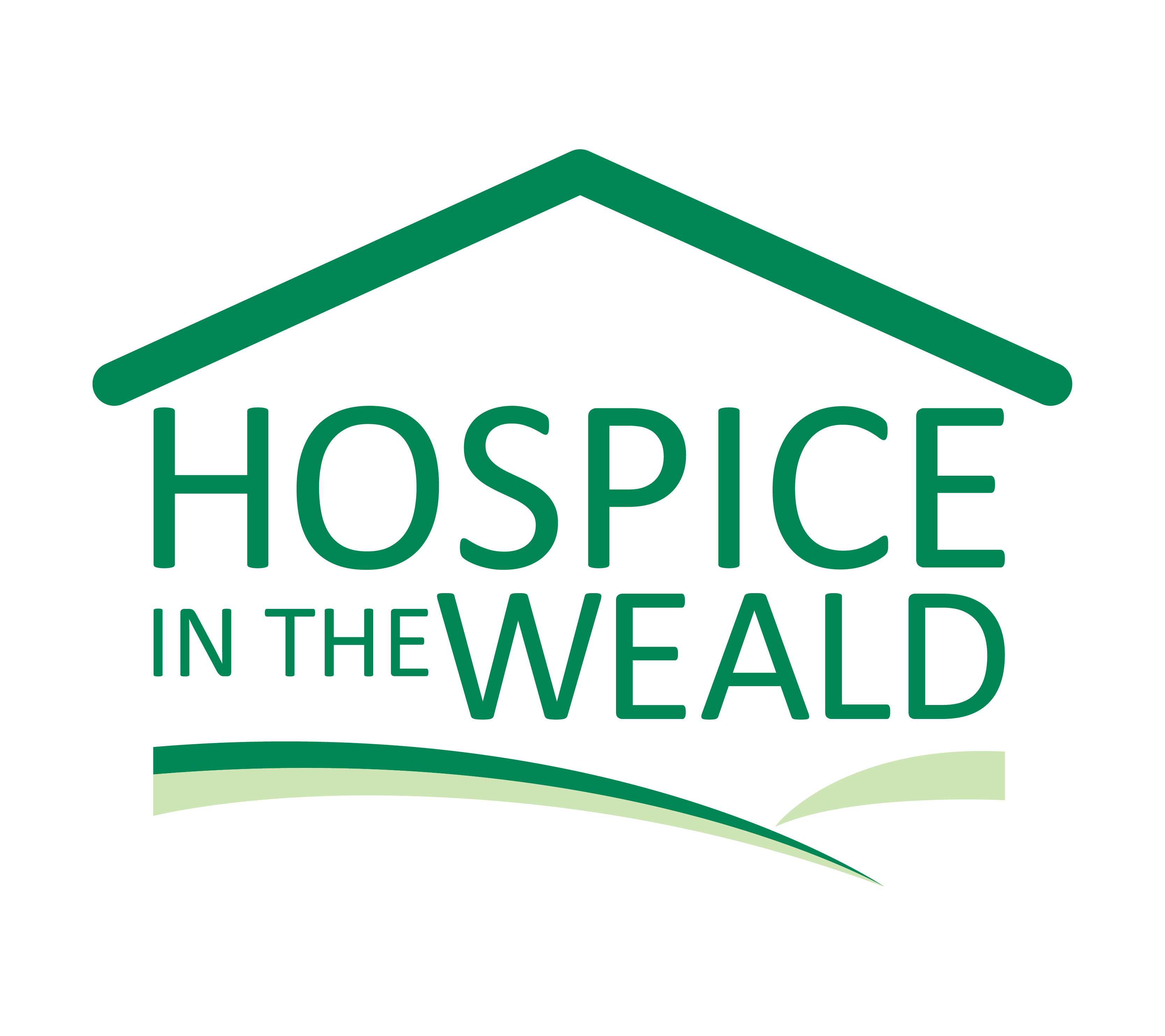Discover the care and support we offer
We provide Hospice care & support to patients and their loved ones living in Kent and East Sussex. Learn more about how we can help you.
If you or someone you love may benefit from Hospice care, you can find out more using the information below. For support or advice at any time of the day or night, please visit our Help Hub.

We provide Hospice care & support to patients and their loved ones living in Kent and East Sussex. Learn more about how we can help you.

Complete one of these short forms and we will contact you. There is no need to wait for a referral from your GP or healthcare professional.
We need to raise over £8 million every year to provide outstanding Hospice care to the local community. To get involved with our fundraising activities, design your own, or make a donation, use the information on this page.
You do not need a special diet while on chemotherapy. It is more important to have a nutritious and well-balanced diet to help you cope with the side effects of treatment, prevent weight loss, prevent nutritional deficiencies, reduce the risk of infections and help with recovery from treatment.
There are many advertised dietary supplements, herbal preparations and anti-cancer diets that claim to cure cancer or help slow its growth, however, there is currently limited scientific evidence to support this. If you decide to take dietary supplements of any kind, please do make sure that you discuss with your oncology dietitian or doctor. Your oncology dietitian can ensure you receive the correct information and help you to make an informed decision.
Eating well means eating a varied and balanced diet that will provide your body with all the nutrients it needs to function well. These nutrients include protein, carbohydrates, fat, vitamins, and minerals. The following information gives some ideas on how to maintain a balanced diet that provides adequate calories and the nutrients that your body needs.

Nutritious meals do not have to be hot meals and they can be meals that are quick to prepare. Sandwiches, flans and quiches, tinned fish and meats can all go towards making a nutritious meal. If you are finding cooking difficult or tiring, try using convenience foods which can be as nutritious as home cooked meals. Many supermarkets have a wide range of frozen, chilled, packet and tinned foods and meals.
Tip: It is recommended that you eat lightly on your chemotherapy day. Eating small portions slowly and every few hours seem to work best. Avoid skipping meals on these days or eating fatty, greasy or spicy foods.
Weight changes may occur as a result of chemotherapy. A slight change in your weight during chemotherapy is not a concern however, significant weight loss may affect your ability to tolerate chemotherapy. Rapid and significant weight loss can lead to loss of muscle resulting in decreased strength, weakness, fatigue (tiredness) and a reduced ability to perform day to day activities.
Your oncology doctor can prescribe medication to help with some of these side effects including anti-sickness, pain relief, laxatives, anti-diarrhoeal drugs and mouth washes.
Unwanted excess weight gain may occur during chemotherapy for some people. This may be due to decreased physical activity and increased eating possibly as a result of boredom, stress or steroid-related increased appetite. In the short term, a slight increase in weight is not a concern, although in the longer term it can affect your health. Your oncology dietitian will be able to provide dietary advice on how to better manage this.
Chemotherapy can interfere with the body’s natural defence against infections including breakdown of skin and reducing the number of neutrophils (white blood cells) in your blood. Ensuring food safety while on chemotherapy is important to reduce the risk of food poisoning. The best way to ensure food safety includes cooking food properly to reduce the numbers of germs to a safe level, storing food at correct temperatures to limit growth of germs, avoiding contamination of food after cooking other foods, kitchen utensils and people. Here are some practical ways in which you can ensure food safety and limit risk.
Foods requiring additional care to avoid food poisoning Some foods have a higher risk of carrying germs and it is important to be careful in their preparation, cooking and storage to limit risk of food poisoning.


